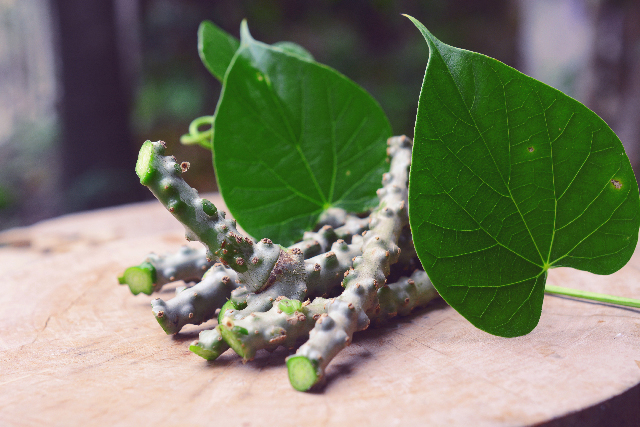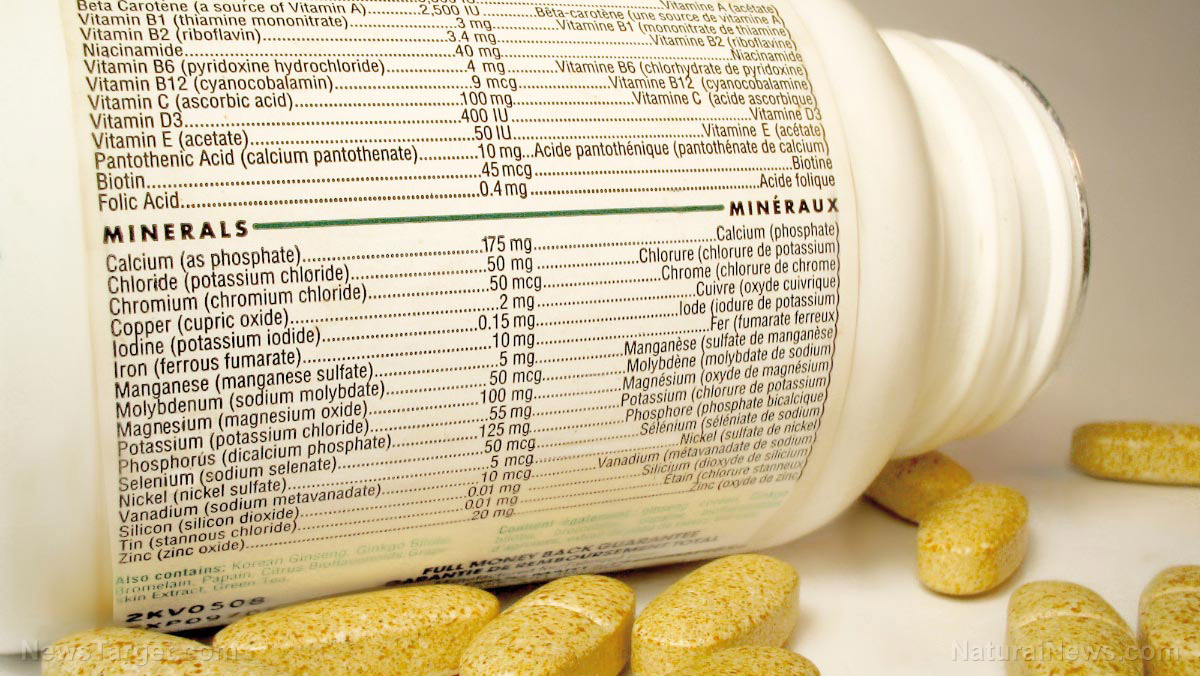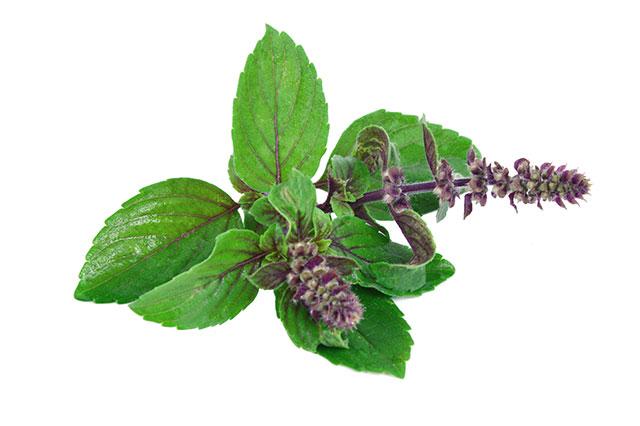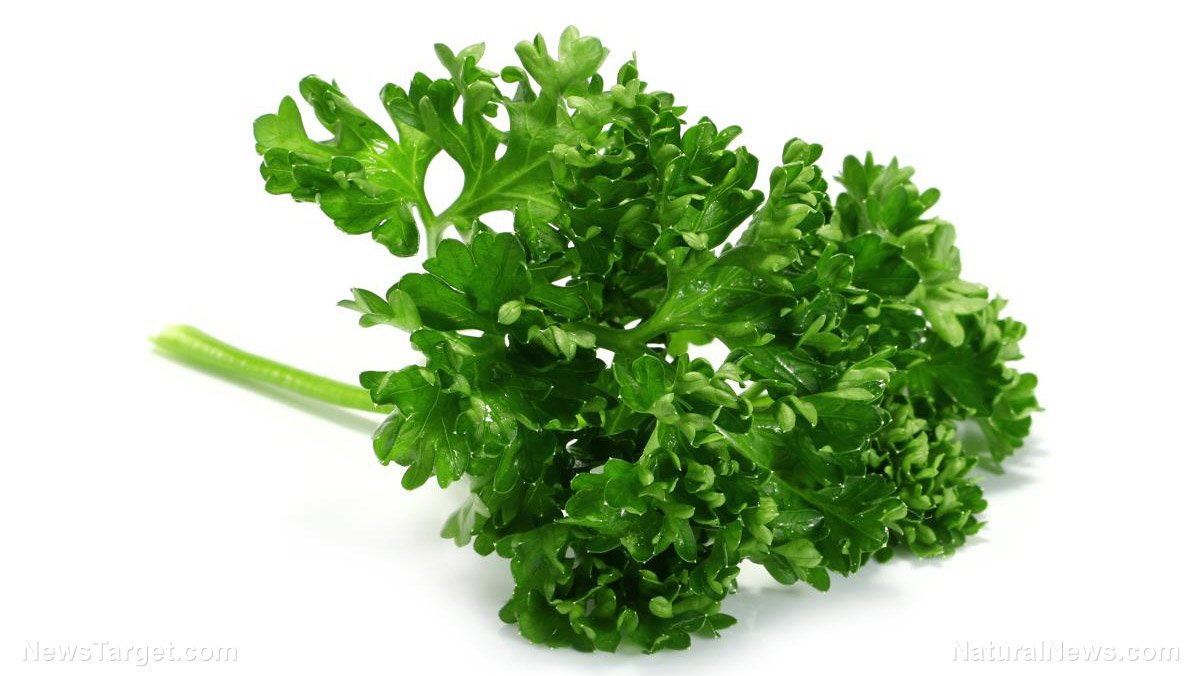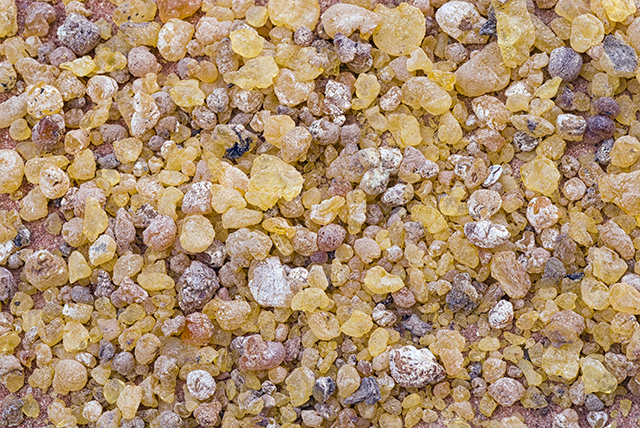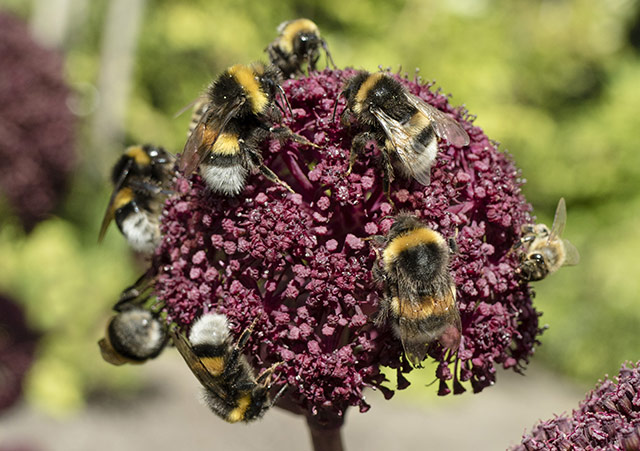Nanoparticles made from tea leaves halted the growth of up to 80% of lung cancer cells, new study shows
07/11/2018 / By Michelle Simmons
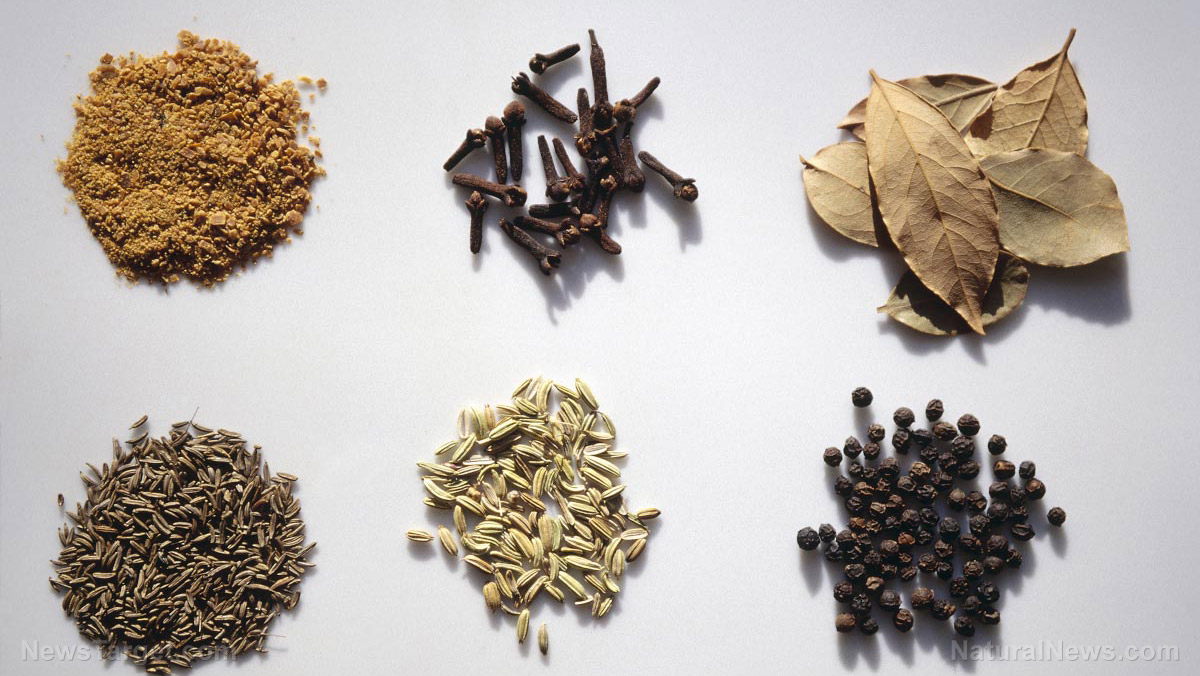
New research has found that nanoparticles produced from tea leaves (Camellia sinensis) can stop the growth of up to 80 percent of lung cancer cells. The study, published in the journal Applied Nano Materials, looked at the antibacterial activity of the cadmium sulfate quantum dots (CdS QDs) and compared it with various types of bacteria growth. In addition, they evaluated the cytotoxicity of CdS QDs toward lung cancer cells when compared to a control group and how it compared to the drug called cisplatin.
In the study, researchers from Swansea University in the U.K., K.S. Rangasamy Institute of Technology, and Bharathiar University in India combined tea leaf extract with cadmium sulfate (CdSO4) and sodium sulfide (Na2S). The combination formed nanoparticles that penetrated the nanopores of cancer cells. The research group carried out fluorescence emission and flow cytometry analyses in order to further understand the function of CdS Qds in bioimaging and cytotoxicity effect in lung cancer cells.
Based on the results, the nanoparticles of the tea mixture effectively prevented the growth of bacteria and exhibited cytotoxicity toward lung cancer cells when compared to a control. Results from a flow cytometry analysis established that the CdS QDs was preventing the growth of the lung cancer cells.
“The cadmium sulfide quantum dots (CdS QDs) derived from tea leaf extract showed exceptional fluorescence emission in cancer cell bioimaging compared to conventional CdS nanoparticles,” explained Sudhagar Pitchaimuthu, lead researcher of the study.
Tea leaf extract and its polyphenols, amino acids, caffeine, vitamins, minerals, and antioxidants act as a non-toxic particle stabilizing agent and as an antibacterial, hemolytic, and anticancer agent. According to the researchers, this type of nanoparticle has a high potential as a cancer treatment.
The health benefits of different kinds of teas
The plant called Camellia sinensis is where all types of teas come from. The variety comes from various growing conditions and ways of processing, and the level of oxidation is what makes every tea type different. (Related: Tea found to prevent fat storage in the liver, lower blood glucose.) Here are the different types of teas:
- White tea – This type of tea is the most delicate of all because it uses the youngest shoots of the tea plant and does not involve oxidation. An example of this is the needle white tea, which comes from the Fujian province of China. It is a high-quality silver needle tea that has thick, straight, and silvery-white tea buds. It is beneficial for regulating blood sugar and breaking down fats faster, making it helpful for weight loss.
- Green tea – Green tea is partially withered and its oxidation process is halted very fast by quickly heating the leaves. Xiang green tea, a type of green tea called Xiang with a sweet, grassy flavor, is a natural antibiotic and aids in digestion and weight loss. Matcha, a finely ground powder of a special type of Japanese green tea, is rich in antioxidants and amino acids that enhance memory and concentration.
- Yellow tea – This tea is almost similar to green tea, except that it is more oxidized and has a longer drying period. Huoshan Huangya yellow tea, a rare yellow tea that dates back to the Ming dynasty, is lightly fermented and produces an unusual green-yellow brew with a fresh, peppery taste. It aids in digestion and stimulates appetite.
- Oolong tea – Oolong tea is partially oxidized, although to a greater degree than green tea. A lighter version of Darjeeling black tea, Darjeeling oolong is beneficial for oral health because it washes away the bacteria that cause gum diseases and cavities.
- Black tea – Black tea is fully oxidized, which gives its characteristic strong flavor and color. Yunnan black tea contains quercetin, which is good for the heart. It is also packed in magnesium and strengthens bones.
- Herbal teas – These are a mixture of herbs, spices, flowers, and do not really contain any tea leaves. An example of an herbal tea is moringa herbal tea, which is essentially powdered leaves of the moringa tree. It improves digestion and gut health, enhances stamina and endurance in men, and relieves menstruation problems in women.
Read more about cancer treatments by going to AntiCancer.news.
Sources include:
Tagged Under: anticancer, Camellia sinensis, cancer, cancer treatments, food is medicine, lung cancer, lung cancer cells, nanoparticles, natural cancer treatments, natural remedies, tea


